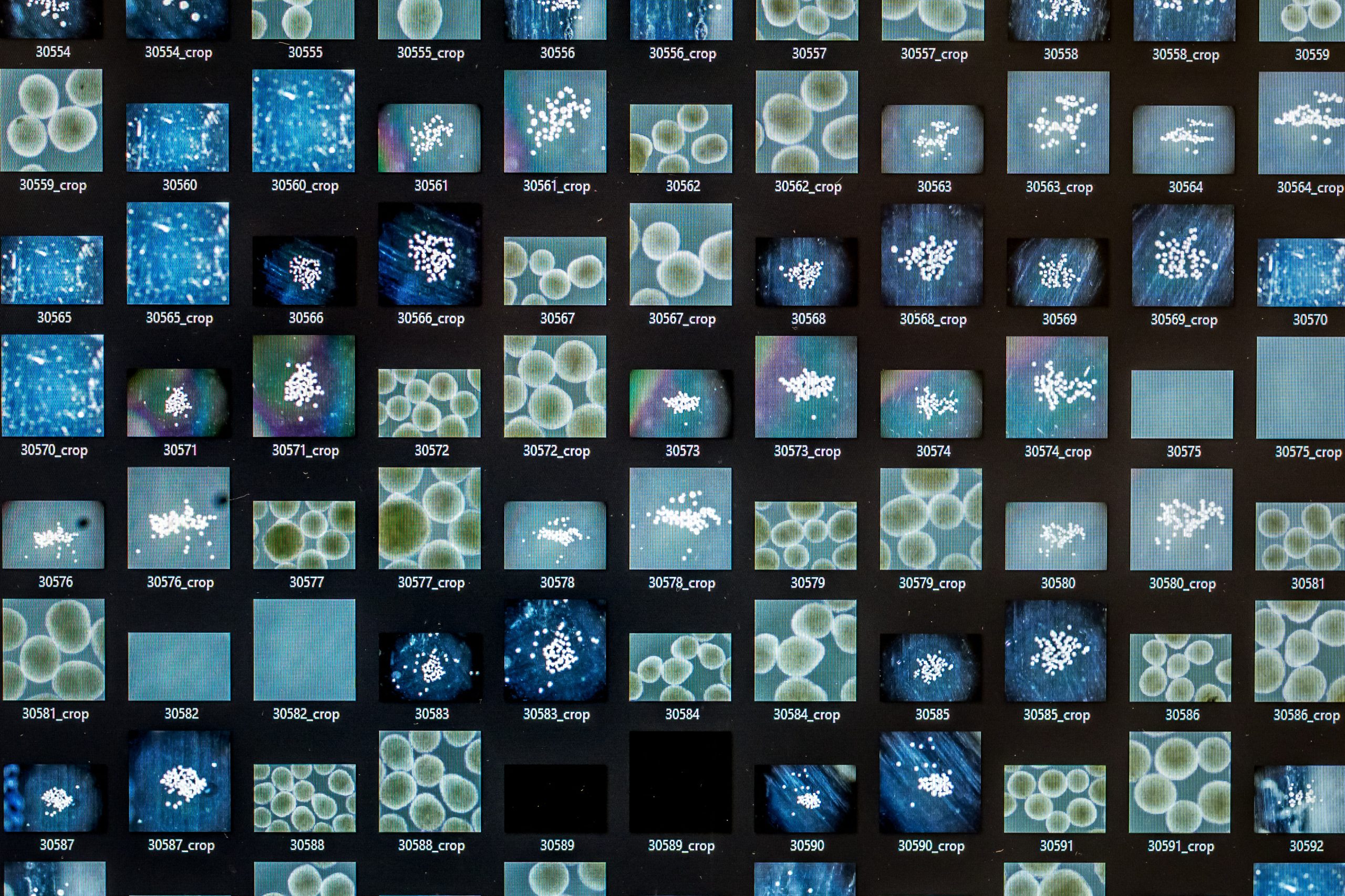The future of medicine and computation may be smaller than you think – microscopic, even. Scientists are cultivating miniature, three-dimensional human brains, not in science fiction labs, but in ordinary petri dishes. These aren’t brains in vats, but sophisticated structures called cerebral organoids, and they hold immense promise for revolutionizing our understanding of the human brain and potentially powering the next generation of AI.
Organoids: Unlocking the Brain’s Secrets
These lab-grown brains, cultivated from stem cells, offer an unprecedented opportunity to study brain development, neurological disorders, and potential treatments. Imagine being able to observe the intricate processes of brain formation in real-time, or to test the efficacy of new drugs directly on human brain tissue without the need for animal testing. The potential is staggering. Researchers hope to leverage organoids to combat devastating diseases like Alzheimer’s and Parkinson’s, offering hope where currently there are limited options.
Beyond Medicine: Biocomputing and the Future of AI
The implications extend beyond the medical field. A cutting-edge area of research, known as biocomputing or “wetware,” seeks to harness the unparalleled computing power of the human brain. These tiny brains, with their complex networks of neurons, could potentially be used to develop more energy-efficient and sophisticated forms of artificial intelligence. The Swiss start-up FinalSpark, for example, is actively exploring the use of organoids in biocomputing. While still in its early stages, this field holds the promise of creating computers that mimic the efficiency and adaptability of the human brain.
Ethical Considerations and the Path Forward
The development of cerebral organoids is not without its challenges. Ethical concerns surrounding consciousness, sentience, and the potential for these structures to develop beyond their intended purpose need careful consideration. Researchers are acutely aware of these issues and are actively engaging in discussions to establish ethical guidelines and protocols for this rapidly evolving field. As the technology advances, it will be crucial to ensure that the development and application of cerebral organoids are guided by ethical principles and a commitment to responsible innovation.
Conclusion
Lab-grown miniature brains are no longer the stuff of science fiction. They are a tangible reality, offering tremendous potential for advancing medical research, developing new treatments for neurological disorders, and even revolutionizing the field of artificial intelligence. While ethical considerations must be addressed, the future of these tiny brains looks bright, promising a deeper understanding of the most complex organ in the human body and a new era of technological innovation.
Based on materials: Vox





